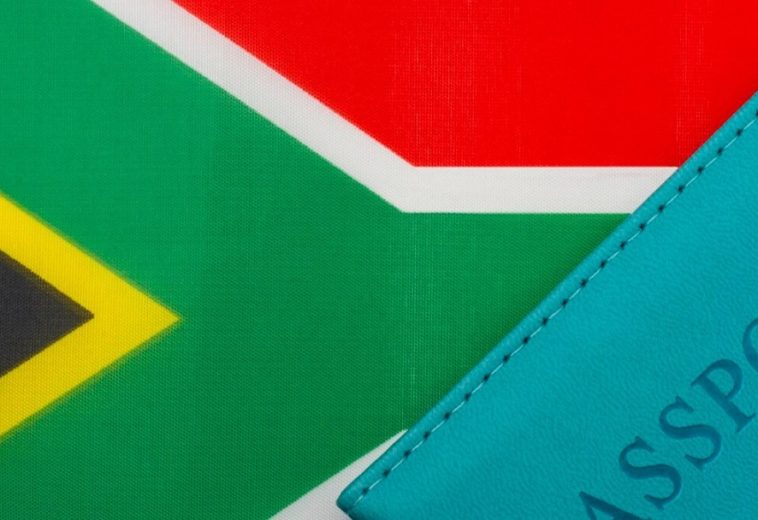As the United States approaches its presidential election on November 5, 2024, candidates are increasingly turning to podcasting as a key medium for connecting with voters. Both Kamala Harris and Donald Trump have made appearances on popular podcasts, highlighting podcasting as a transformative tool in political communication.
Podcasting is rapidly reshaping how candidates share their visions, outline policies, and respond to public concerns. Could it become a new frontier for political engagement, ushering in an era of media-centered politicking as the landscape evolves at a swift pace?
With over 546 million podcast listeners globally as of 2024, podcasting is more popular than ever. In the United States, nearly 47% of the population aged 12 and older listens to a podcast at least once a month, with consumption reaching 53% among adults 18 and older. This year, global podcast ad spending is projected to reach $4.02 billion, with video podcasts seeing a notable rise, as 33% of US podcast listeners now prefer visual content. Platforms like YouTube, Spotify, and Apple Podcasts dominate the podcasting landscape.
The Rise of Podcasting in American Politics
Podcasting’s emergence in American politics marks a significant shift from its humble beginnings in the early 2000s, when software developer Dave Winer created the first audio RSS feed in 2003. Evolving from “audioblogs” rooted in the 1980s, podcasting gained traction through the spread of broadband internet and digital audio devices.
Today, podcasters are prominent figures in media, with citizen journalism giving rise to influential personalities such as Joe Rogan, Logan Paul, Patrick Bet-David, Alex Cooper, Jess Hilarious, Shannon Sharpe, and Charlamagne Tha God. These podcasters have not only shaped new media but also provided a platform for politicians to reach vast and engaged audiences.
Candidates Embrace Podcasting to Connect with Voters
The main presidential candidates, Kamala Harris and Donald Trump, have each made appearances on popular podcasts, signifying a shift in how Americans access information to inform their voting decisions. Trump has appeared on podcasts like Six Feet Under, Flagrant, Bussin’ with the Boys, This Past Weekend, and The Joe Rogan Experience, while Harris has joined shows such as Call Her Daddy, All the Smoke, The Howard Stern Show, and The Breakfast Club.
Podcasts are increasingly seen as a battleground for political influence, particularly in key swing states. Their popularity stems from accessibility, rising listener numbers, and the personal, conversational format that fosters deeper connections between candidates and voters. According to Lea Redfern of the University of Sydney, “High-stakes interviews are no longer solely the domain of legacy media. Politicians, like celebrities, can reach vast and potentially new audiences through sympathetic podcast hosts.”
Targeted Appeal to Diverse Audiences
Both candidates are strategically using podcasts to appeal to their respective audiences. For example, Vice President Kamala Harris recently appeared on Alex Cooper’s Call Her Daddy podcast, a platform with a strong following among women, where they discussed reproductive rights and women’s issues. In contrast, Donald Trump’s recent appearance on The Joe Rogan Experience, a show popular among a different demographic, focused on his candidacy, recent threats against him, and his economic plans.
As the election draws near, podcasts have become essential tools for reaching swing voters across the political spectrum. The candidates recognize that winning this tight race will require maximizing their reach and engaging directly with listeners through every available platform, including podcasts.
The Impact of Podcasting on the 2024 Election
In this election, both candidates are relying on podcast appearances to showcase their charisma and engage voters in a medium known for its authentic and often unfiltered format. With six or seven swing states likely to determine the election outcome, podcasts may indeed play a decisive role in influencing voter perception and trust.
As the political landscape shifts, podcasting may prove essential in bridging the gap between candidates and the American public, solidifying its place in the future of political campaigning. By leveraging the reach and intimacy of podcasts, candidates are redefining how they communicate with the electorate and securing a critical space in the media landscape that continues to shape public opinion.




